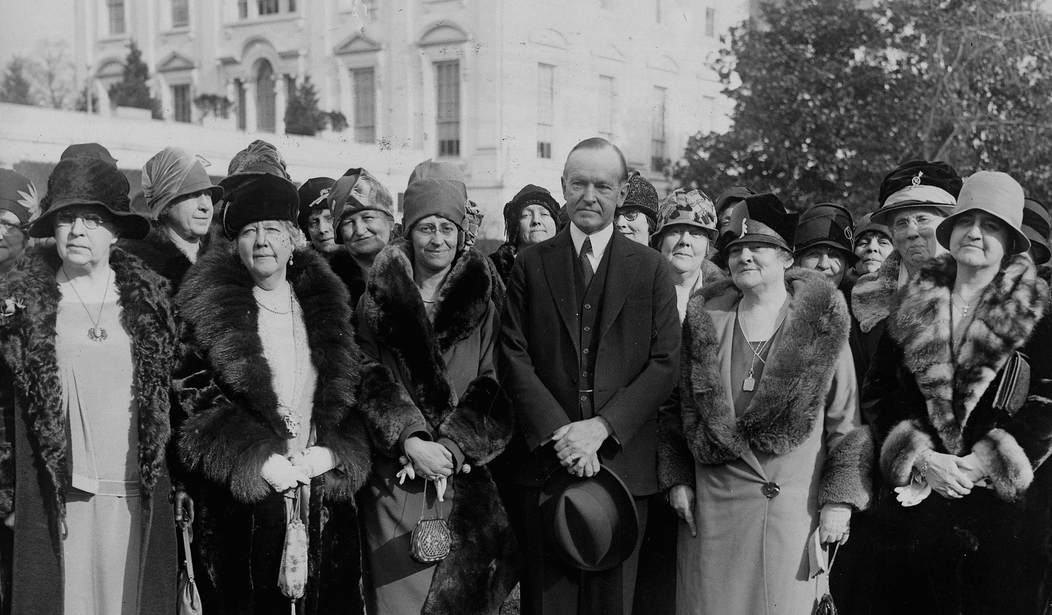Political and other prognosticators are busy as usual predicting the future. Never mind calculating how wrong they have been in the past, our desire to know what's coming sometimes overcomes sound thinking, ignorance of history and an understanding of human nature.
Recall the number of times climate alarmists predicted we would either freeze or burn to death by certain dates and religious mouthpieces forecasting the end of the world on dates that failed to materialize. Cars and electricity were declared a "fad" when they first appeared. The list of outlandish predictions is long.
More can be learned from the past than by trying to predict the future. As Doris Day sang in the film "The Man Who Knew Too Much": "Whatever will be will be. The future's not ours to see, que sera, sera."
In 1925, President Calvin Coolidge was elected to a full term after serving out the term of Warren Harding, who had died in office. Coolidge's good character should serve as an example to modern politicians at a time when sex scandals and other violations of what once were called moral norms seem to have mostly evaporated. Coolidge believed in small government, low taxes, balanced budgets (he left office with a smaller federal government than when he arrived and was wrongly blamed for the Great Depression) and personal responsibility. Sound economic and moral principles were taught in schools in 1925, but not so much today and many feign surprise at the inevitable results. Who decided right and wrong are individually determined?
Recommended
Some future events were predictable if only people had paid attention. The "Roaring' 20s" focused on profit and pleasure, overlooking the rise to power of Italian fascist dictator Benito Mussolini and the coming German dictator Adolf Hitler, whose book, "Mein Kampf," published that year, should have warned the world about his goals. Those included world domination and the elimination of the Jewish people. Why don't we listen and act accordingly when evil people announce what they intend to do?
The "Scopes Monkey Trial" intensified the evolution vs. creation debate that continues today.
The year saw as many as 40,000 members of the Ku Klux Klan march on Washington. Today's rise in anti-Semitism shows we have learned little about the scourge of hate and how it must be opposed, or it will grow. The first stirrings of what would become the modern civil rights movement occurred in Harlem, New York, with the formation of the Brotherhood of Sleeping Car Porters.
On Sept. 5, 1925, the temperature climbed to 114 degrees in Centreville, Alabama. People called it weather and not today's climate change hysteria.
Humiliated by its defeat in World War I, in 1925, Germany agreed to their frontiers with France and Belgium and announced their intention to apply for membership in the League of Nations. Neither the League, nor German promises, would last long (see above).
Many good things came out of 1925, from serious jazz musicians like Louis Armstrong and Duke Ellington, to sports, and literary achievements by the likes of F. Scott Fitzgerald and Virginia Woolf.
Given the economic challenges that were to come, along with a second world war that killed more than 400,000 Americans, the "roar" of 1925 would soon be drowned out by the roar of global conflict.
What can we learn from 1925? Plenty, if we will. As Confucius observed: "Study the past if you would define the future."
Will we learn from him and from history in 2025? We will soon find out.

























Join the conversation as a VIP Member